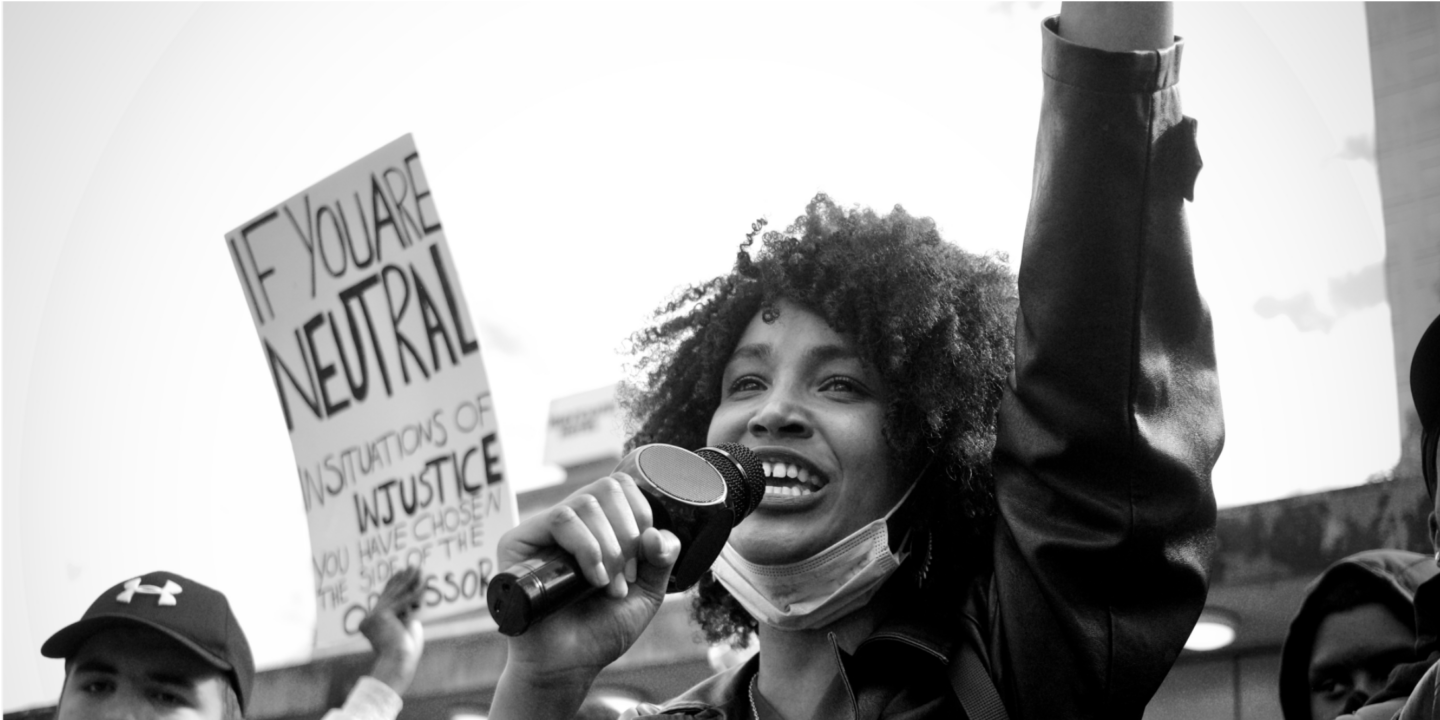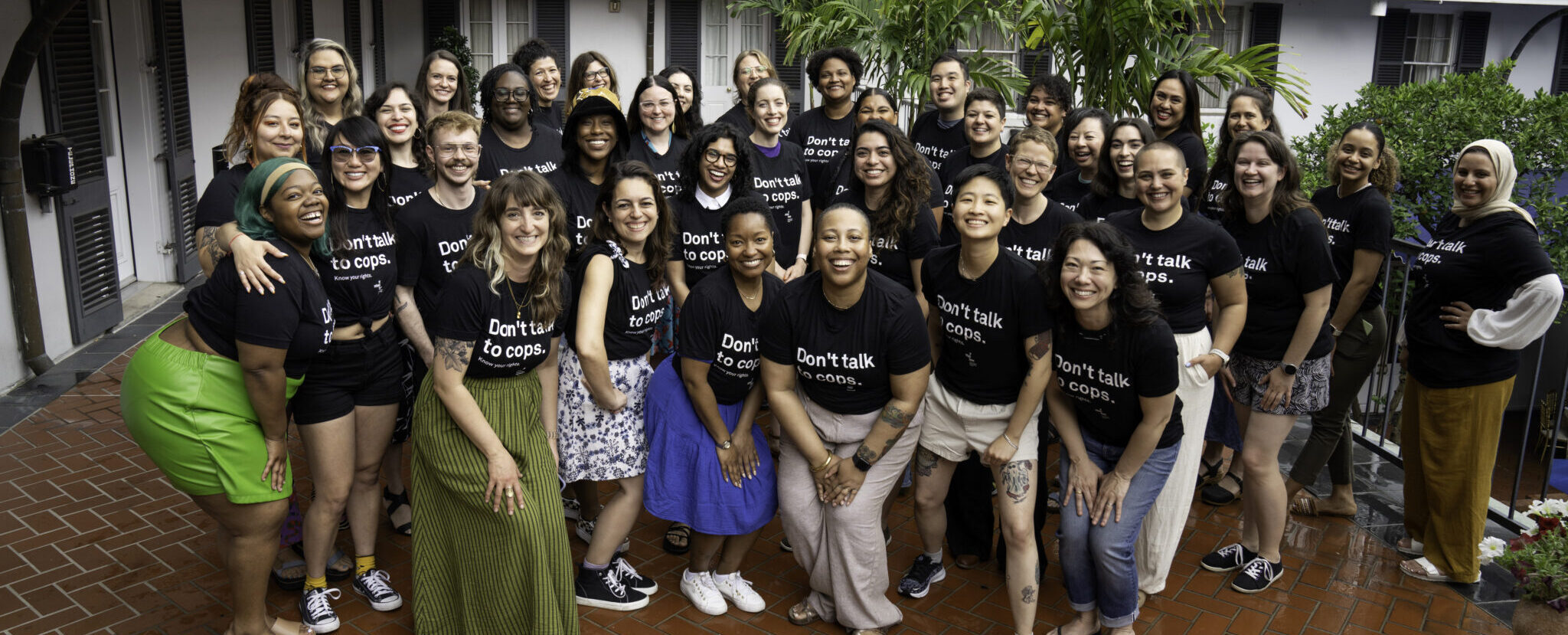Get Help
We are an abortion and pregnancy defense fund.
Need funding for bail or legal fees for your criminal, family, or immigration defense? Represent someone criminalized for abortion or their pregnancy outcome?
We provide free, confidential legal services.
Police contacted you about a pregnancy outcome? Being denied life saving abortion care? Need a lawyer for a judicial bypass hearing? Having a legal emergency?
Our Impact
We are lawyers and advocates who believe that everyone should be able to determine if, when, and how to build their families without barriers or punishment.
5100
lawyers, law students, healthcare providers, and advocates trained this year
5200+
inquiries fielded by our Repro Legal Helpline
2000
lawyers who are part of our RJ Lawyers Network

